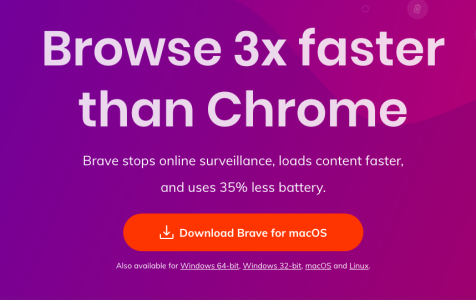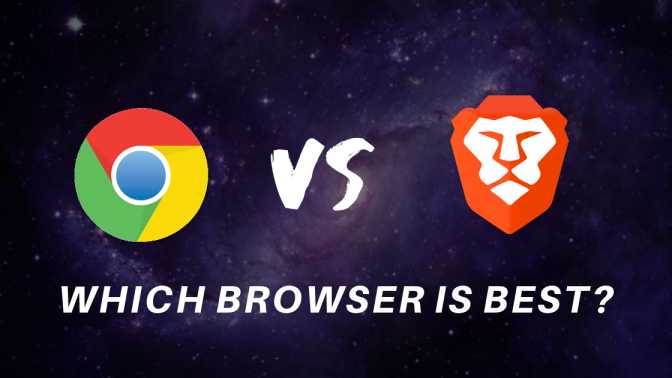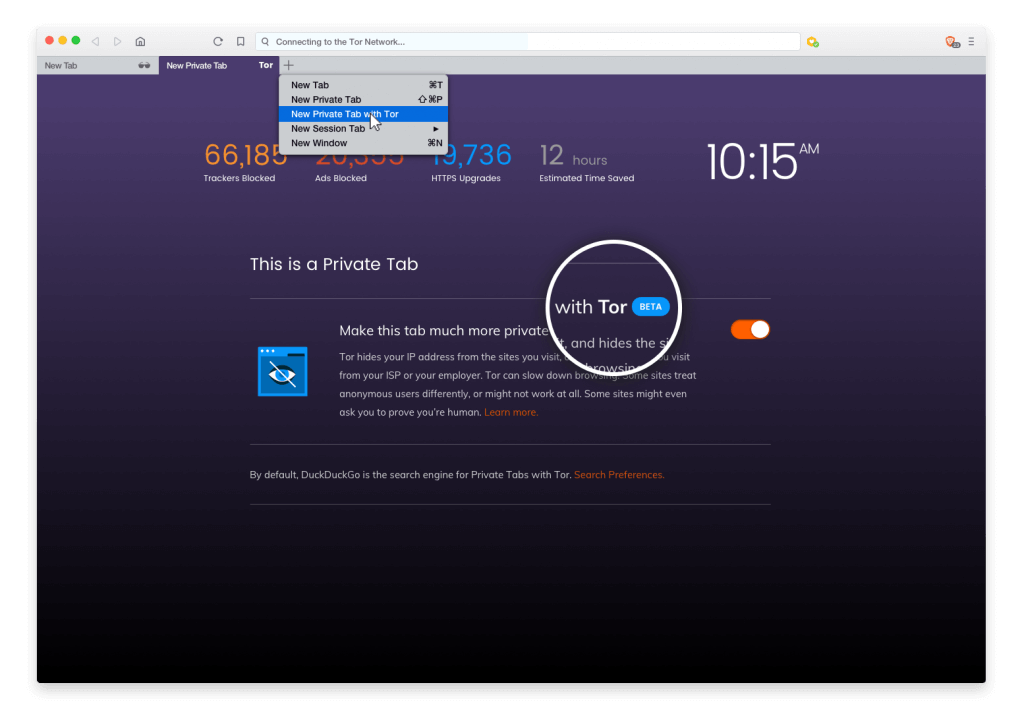

- #Brave browser privacy issue update
- #Brave browser privacy issue code
- #Brave browser privacy issue free

#Brave browser privacy issue code
Temporary But Active Solution for the Whitelist of Tracking URLsĪccording to this comment on top of the code block on the updated repo, the mechanism is only temporary.

Since the whitelisting process is hardcoded, users who didn’t have an account on Facebook and Twitter started to look for ways to disable this feature.Īlthough Brendan stated that fingerprinting wasn’t an effective way of tracking users, connections made from mobile devices over cellular data could easily be singled out using this method. Without them, it’s not possible for the user to be tracked, since fingerprinting isn’t an effective way of tracking users. The developers stated that during script loadings, the script cannot set any cookies or access the cookies that are already set on the browser. In this announcement, Brave disclosed that with this update, script loading isn’t banned but tracking will be blocked as it always had been.
#Brave browser privacy issue update
In response to the ensuing Twitterstorm, Brave released a public announcement – Script Blocking Expectations Update – while the complaints and discussions continued. Brave Browser Team’s Response to the Whitelist They instead open a new window after the user interaction and proceeded from there. This was because the functions didn’t force the scripts to be loaded within the page. However, before the controversial update, despite these limits on the Brave browser, Google’s functions worked well. When you disable the third party components, certain functions that depend on the libraries within these components will not work properly on the websites you visit. Without loading the third party scripts and styles, the features like Facebook Connect and Facebook Share on the webpages do not work as expected.Įich had a point. Eich replied to the tweet, saying that they prepared the whitelist in response to user requests. In fact, security and user privacy are part of their marketing strategy. This caused a huge disappointment among users because Brave was supposedly a secure browser, focused on user privacy. The Facebook URLs that are used to track users were included in this whitelist. This question was raised because around three years ago, code was added to the browser’s Github repo to whitelist certain third party domains. Brave Browser’s ‘Hidden’ Whitelist of Tracking URLsĪ Twitter user tweeted and tagged Brendan Eich, CEO of Brave Software, asking what the new update on the browser’s repo meant in terms of the security aspect of Brave. Its developers claim that it is eight times faster than Google Chrome and Safari, and that it represents a concept and project that is far bigger than merely that of a browser. It does so to prevent users from being tracked online. The Brave browser blocks all third party requests and cookies by default, without the need of extensions. What Makes the Brave Browser Different (And More Secure)? It is an analysis of the browser’s security, sparked by a Twitter discussion on February 10 of this year. Advertisers are introduced to a more relevant user range, while users are offered the opportunity to convert their ad experience into an income source. Brave also brings a new approach to the advertisement ecosystem by ensuring that both advertisers and users benefit from advertisements by decreasing the amount of disturbing ad content. It focuses on improving the privacy and security of its users. The Brave browser uses the motto, ‘You are not a product’. It was developed by a team led by Brendan Eich, inventor of JavaScript and a former Mozilla Foundation employee.
#Brave browser privacy issue free
Brave is a new, free an open-source web browser with a built-in adblocker.


 0 kommentar(er)
0 kommentar(er)
